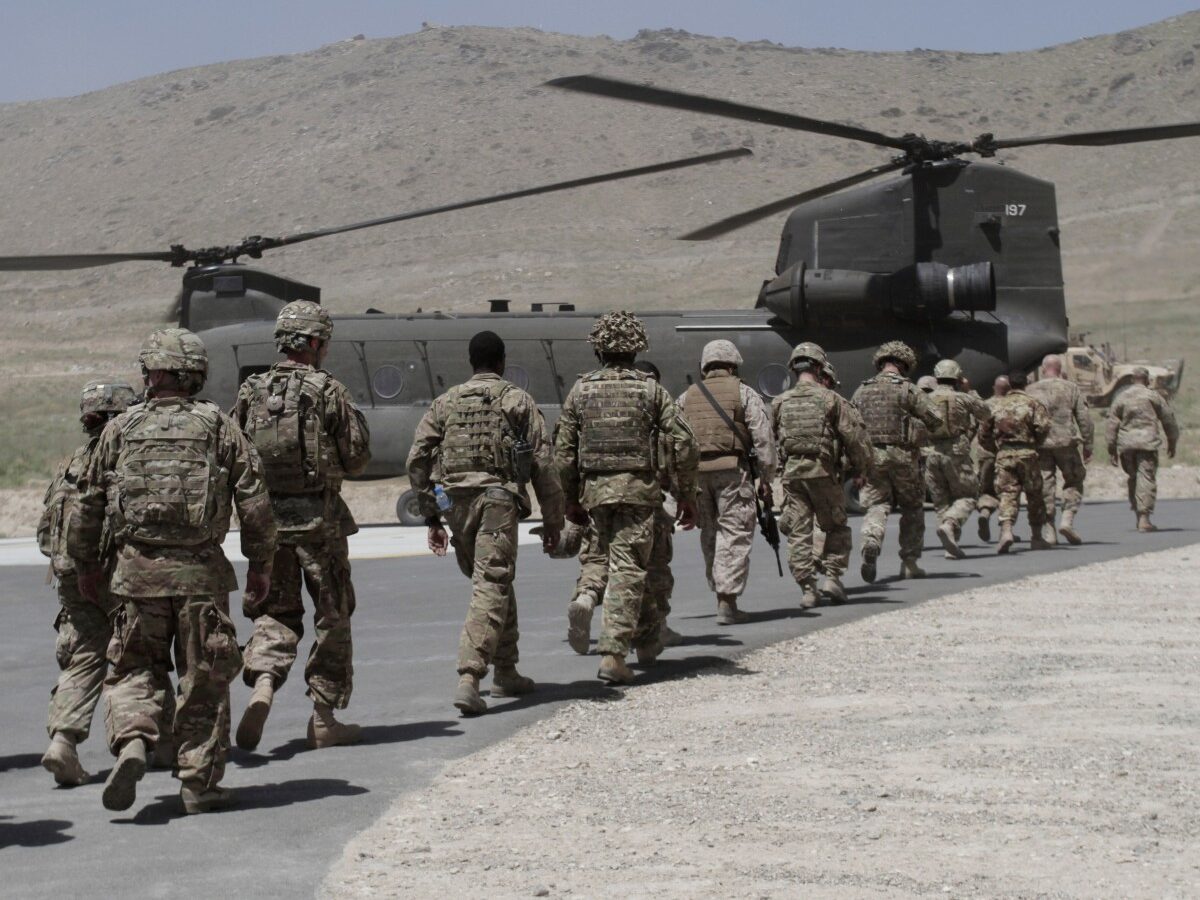
The Special Inspector General for Afghanistan Reconstruction (SIGAR) published a report this month warning that millions of U.S. taxpayers’ dollars allocated for the Afghan Ministry of Public Health could be misused or remain unaccounted for.
“Despite financial management deficiencies at the Afghan Ministry of Public Health (MoPH), the U.S. Agency for International Development (USAID) continues to provide millions of U.S. taxpayer dollars in direct assistance with little assurance that the MoPH is using these funds as intended,” reads the report.
Afghanistan has struggled to develop its economy and infrastructure largely because the nation has been ravaged by decades of war, first with the Soviet Union from 1979 to 1989, followed by a period of civil war up until the current 12-year occupation by U.S. and NATO forces that began in 2001.
Toward that end, the MoPH uses USAID-provided funds to contract with nongovernmental organizations to provide basic health care in 13 provinces and hospital services in 5 provinces.
Here’s where things begin to unravel. SIGAR reports that USAID provided $236 million for the Public Health program based on a cost estimate that the MoPH developed, but which USAID did not independently validate. Additionally, USAID did not prepare a comprehensive analysis of the actual cost for the Partnership Contracts for Health (PCH) program that used important factors like patient load, population statistics, existing infrastructure and security.
In dispute is something called the Partnership Contracts for Health (PCH). PCH is a program that “supports the delivery of the Basic Package of Health Services and the Essential Package of Hospital Services in more than 540 health facilities” throughout Afghanistan.
USAID officials state that the estimate was based on historical data, but were not able to provide SIGAR with documentation showing how the estimate was calculated. More than $190 million of the $236 million provided for the PCH program has been pledged and SIGAR’s review found that about $127 million has actually been spent, resulting in potential excess obligations of about $63 million. This means that the U.S. could be vastly overpaying for the PCH program.
Even more concerning for outside observers is the fact that this alleged misappropriation is likely a drop in the bucket compared with reports of rampant corruption within the Afghan government and the private sector.
United Nations officials reported in February that the total cost of corruption in Afghanistan has “significantly increased” over the past three years to $3.9 billion. “In spite of fewer people paying bribes, the practice is still having detrimental effects due to its frequency,” the U.N. reports.
The announcement was based on a survey of 6,700 Afghan citizens over the age of 18 across the country, 68 percent of whom considered it acceptable for a civil servant to top up a low salary by accepting small bribes from service users.
Similarly, 67 percent of citizens considered it sometimes acceptable for a civil servant to be recruited on the basis of family ties and friendship networks. Fifty-nine percent of the adult population admitted to paying a bribe to a public official in 2009.


